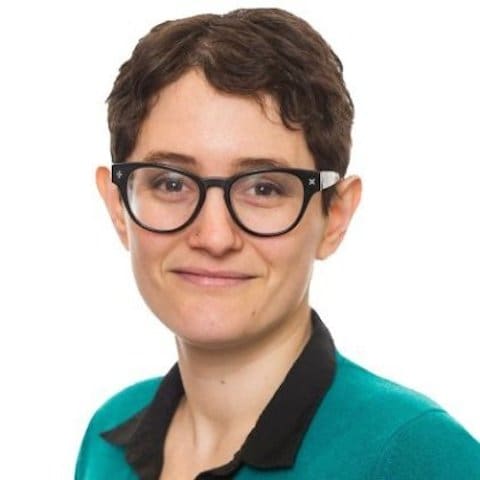
Several cities and rural areas are becoming "hotspots" of unvaccinated children, according to a June 12 study published in the journal PLOS Medicine. And, say experts, this increase in unvaccinated children may be putting others in those areas at increased risk of getting sick.
In the U.S., children must be vaccinated against diseases such as measles and mumps before they can begin public school. But 18 states allow parents to opt out of these vaccinations for philosophical or personal reasons, using a "non-medical exemption." (Nearly all states allow for religious exemptions, though no major religious group in the country prohibits vaccination.)
In 12 of these 18 states, the number of non-medical exemptions is on the rise, reports the new study. And in several cities and certain rural counties, the number of non-medical exemptions is so high that the study is calling them "hotspots"—locales that are potentially primed for an outbreak due to large pockets of unprotected children.
"My worry is that we're approaching the point where we're going to have schools in these hotspot areas that aren't safe for kids anymore," says study author Peter Hotez, M.D., dean of the National School of Tropical Medicine, Baylor College of Medicine, and director of the Texas Children's Hospital Center for Vaccine Development. "Preventing kids from getting measles and other diseases should be considered a fundamental human right for children."
Here's what you need to know about the study's findings, and how to make sure your children are protected.
Why High Vaccination Rates Matter
A child who has not gotten the measles, mumps, rubella (MMR) vaccine is 35 times more likely to contract measles than a vaccinated child, according to the study. And while generally mild "breakthrough" infections—when people fall ill despite being vaccinated—happen only rarely, "parents especially have to be worried about infants at home who haven't received all of their vaccinations," Hotez says.
To protect people who cannot be vaccinated (such as infants), about 90 to 95 percent of the population must be vaccinated. But the researchers found hotspots where as many as a fifth of kindergarteners get non-medical exemptions. And those numbers may hide the true scope of the problem, says Hotez, since there's no way to know how many homeschooled kids are unvaccinated.
States where non-medical exemptions have been banned, meanwhile, have the lowest rates of vaccine-preventable diseases, the study notes.
What the Study Found
The researchers looked at data from the 18 states that allow non-medical vaccine exemptions for philosophical reasons: Arkansas, Arizona, Colorado, Idaho, Louisiana, Maine, Michigan, Minnesota, Missouri, North Dakota, Ohio, Oklahoma, Oregon, Pennsylvania, Texas, Utah, Washington, and Wisconsin. (Missouri only allows such exemptions for childcare facilities, not public schools.)
While the 10 counties with the country's highest rate of non-medical exemptions are located in rural areas, the researchers pointed to 15 urban areas with over 400 unvaccinated kindergartners as potential hotspots: Seattle, Spokane, and Tacoma, Wash.; Portland, Ore.; Phoenix, Ariz.; Salt Lake City and Provo, Utah; Houston, Fort Worth, Plano, and Austin, Texas; Troy, Warren, and Detroit, Mich.; and Kansas City, Mo.
These are large population centers, however—the study could not show how concentrated the unvaccinated children are within each city, which affects how prone to an outbreak a particular place might be.
When Your Child Needs Vaccines
If you have questions about the vaccines your child needs, talk to your pediatrician. The American Academy of Pediatrics (AAP) has a recommended schedule [PDF] of vaccinations you can print and discuss with your doctor.
"The on-time administration of vaccines is the most effective way to prevent what have in the past been severe and often fatal childhood illnesses," the AAP noted in a clinical report published in 2016.
The authors of the new study echo that assertion. "Vaccines are safe and in no way linked to autism," says Hotez. "Anti-vaccination groups talk about medical freedom and choice. But it's not a choice when we put kids into a car—we have to use car seats and seatbelts. The same should be true of vaccines."
Update: Due to a data error, one of the hotspots listed in the original published paper was incorrect. The researchers changed the list of hotspots to remove Allegheny County (which includes Pittsburgh, Pa.) and add Pierce County (which includes Tacoma, Wash.). This story has been updated to reflect that change.




















